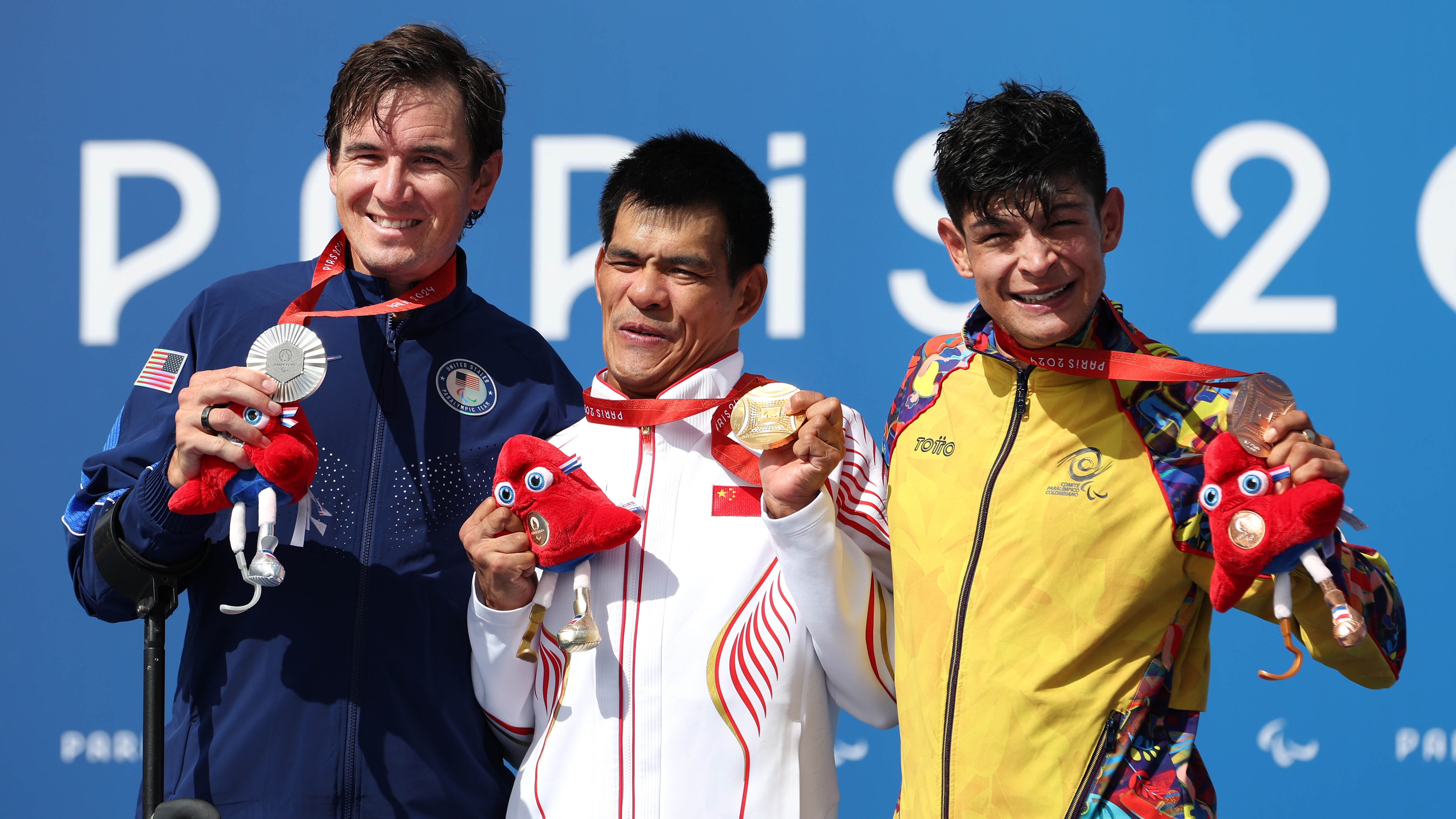The night before he flew to France, 19-year-old London collector Josh Waller had — quite literally — thousands of pins strewn across his bedroom. He was sorting through his collection to decide which pins to trade at the Paris Olympics.
He ended up bringing about 1,000 with him, with many pinned onto two towels that he displayed in the official trading center.

Waller is part of a community of athletes, spectators, journalists and officials who partake in the longstanding tradition of trading and collecting pins at the Olympics. Some are calling it the "unofficial sport" of the Games.
"How many pins exist? It has to be in the millions at least," pin collector Ed Schneider said in a video on the Olympics website.
Pin trading has taken off in Paris. The entire city is dotted with pins from National Olympic Committees, corporate sponsors, media organizations, the International Olympic Committee and future Games bid cities. Simone Biles has her own personal pin, as does Snoop Dogg.
"One thing about the Olympic Village is that trading pins is serious business," American rugby player Ilona Maher said in a TikTok. "We don't mess around."
Paris 2024 Summer Olympics and Paralympics
Watch all the action from the Paris Olympic and Paralympic Games live on Peacock
Athletes from Spain and Great Britain tossed pins across the Seine during the Opening Ceremony — "[a] dangerous trade but worth it for the Spanish pin," canoe slalom athlete Joseph Clarke said on TikTok.
Get a weekly recap of the latest San Francisco Bay Area housing news. Sign up for NBC Bay Area’s Housing Deconstructed newsletter.
Even tennis legend Serena Williams, who referred to herself as a "first class pin collector" in an Olympics Instagram video, has been growing her collection since the 2000 Sydney games.
And NBA star Steph Curry — only at his first Olympics — has already joined the fray.
Many people put pins on their lanyards or accreditation badges — "that's kind of the indication that you're up for trading pins," Waller said.
He was able to trade with dignitaries, as well as with athletes from the Turkish and Romanian delegations. They each picked a pin from each other's lanyards.

Waller has collected pins since he was 8, when he attended the 2012 torch relay in London. What appeals to him and many other collectors, he said, is the excitement that comes with finding a pin.
"It's the buzz you get when you get that pin you're looking for, and it's always the search for the next pin," Waller said. "Pin trading takes you into another world."
The trading is facilitated by the International Association of Olympic Collectors, born out of collaborative efforts between the IOC and Olympic trading community. This year, the association helped host an Official Olympic Collectors Area where traders could congregate.
The journey of the Olympic pin
The tradition of having pins extends all the way back to Athens in 1896, the very first modern Games.
According to the International Association of Olympic Collectors, the Greek Olympic Organizing Committee created round pins out of cloth with the national emblem: a white cross on a blue background. The handmade pins, less than an inch in diameter, were awarded to select Greek athletes who placed first in the preliminary trials.
Each subsequent Olympics brought more pins and innovation.
At the 1908 London Games, eight countries created personalized pins, including the U.S., Norway and Hungary, according to the International Association of Olympic Collectors' NOC pin catalogue.
1908 London Olympics NOC Pins
To help fund the 1912 Stockholm Olympics, commercial souvenir pins were sold for the first time, according to pin collectors' club Olympin. The silver pin featured nude flag bearers.
In 1936, Nazi Germany sold commemorative pins to help cover the expenses of hosting both the Winter and Summer Olympics, featuring an eagle with a swastika on its chest.
It was at the 1976 Montreal Games that the public first became involved in pin trading, according to Olympin. The activity continued to grow in 1980 before taking off in 1984 as sponsors used pins as an opportunity to promote their brands.
The next iteration of the Games in Canada included the first official pin trading center, created by long-time Olympics sponsor Coca-Cola. A similar center has appeared at every Olympics since.
Olympic pin trading over the years
What's in the value of a pin?
While some pins have little value and are useful only as swaps, others are worth between $15 to $50. Rare designs can be sold for more.
"You'll find [rare] pins going for thousands, in the five to six digits [on eBay]," Waller said. "There are pins from the 1908 games that regularly go for thousands of dollars, just because of how old they are and how limited they were when they produced them."
Smaller delegations at the Olympics may only bring a couple hundred pins, making them more valuable, he added. Pins that are enameled or have special features, such as one with a spinning Moulin Rouge-inspired windmill Waller collected from from a Tuvalu representative, may also be worth more.
Though he was only in Paris for four days, Waller estimated that he collected a couple hundred pins in the city, adding to his collection that is already in the thousands.
"It's not really till you get there [that] you realize you've got these massive buildings set up in Paris, opposite the Arc de Triomphe, opposite the [Place de la Concorde]," Waller said. "These buildings are just for pins and giving out pins. And then you realize the scale of it, and how embedded within the culture and the heritage of the Olympics pin trading really is."




